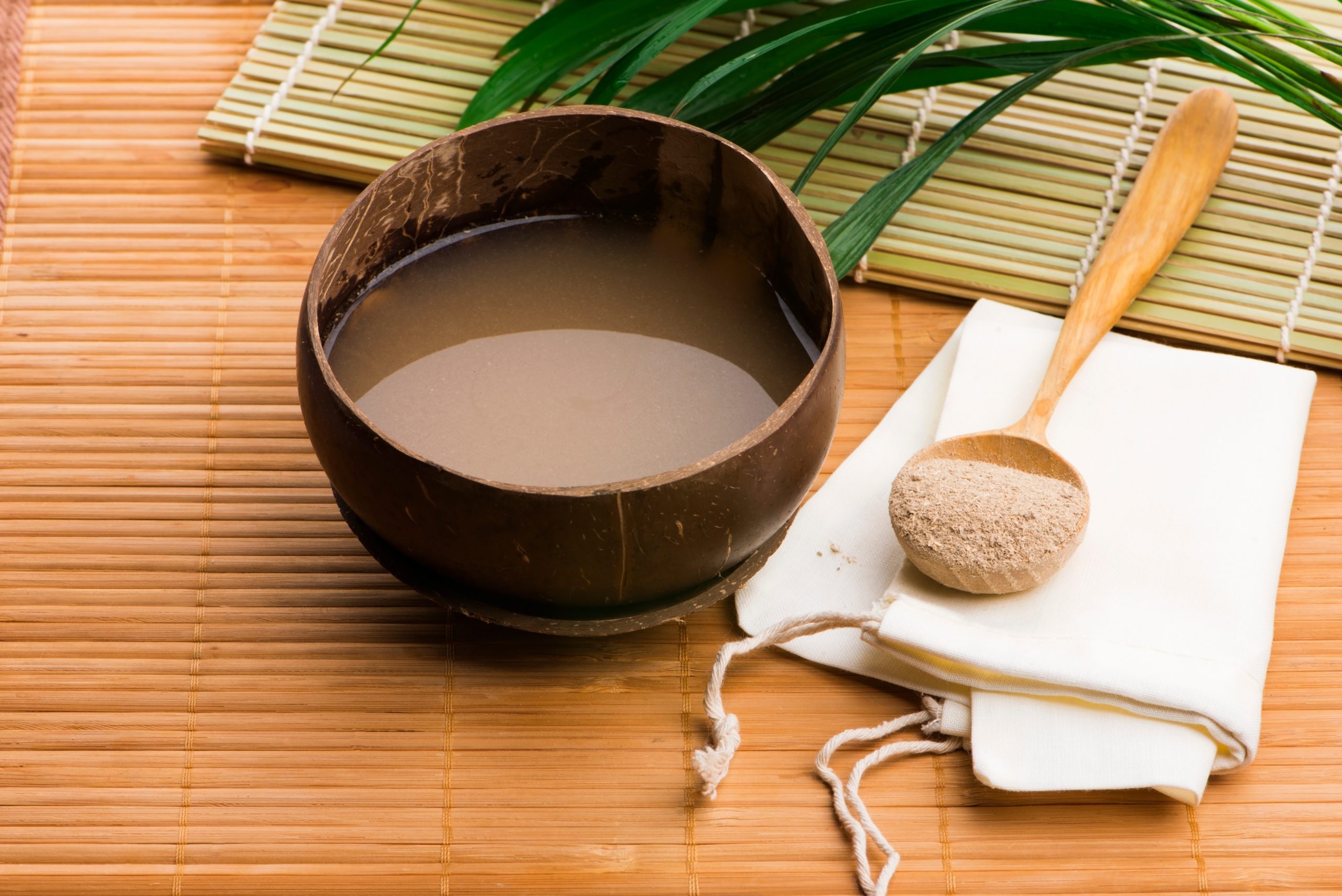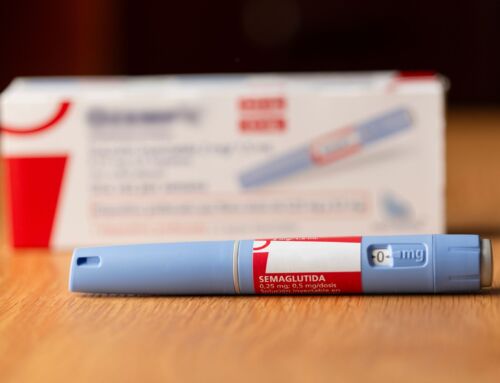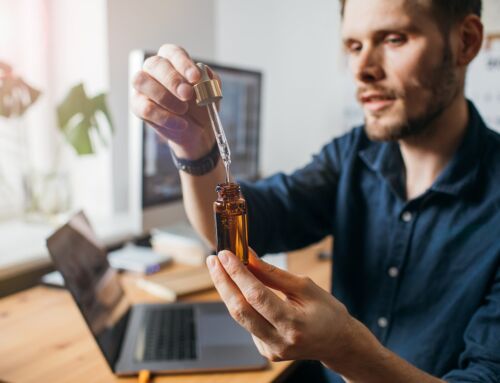Kava is a plant-based drink prepared by grinding the roots of the Piper methysticum plant. Kava is extensively consumed in Fiji and other Pacific Island nations, where it has cultural and ceremonial significance, including welcoming visitors and resolving conflicts. But why would drinking kava count as a relapse?
Kava has a relaxing effect on the body and reduces anxiety, stress, and insomnia. It acts as a mild sedative by reducing brain activity, which helps to calm the mind and induce sleep. (1)
Basically, the kava plant contains a drug that can potentially act not only as a muscle relaxant and diuretic but also as a narcotic and hypnotic.
Does Kava Count as a Relapse: What You Should Know About Its Effects?
The drink is made by grinding the root of the kava plant and mixing it with water. Short-term effects from drinking kava can include a feeling of relaxation, calmness, and mental clarity. This is due to the kavalactones found in the drink, which interact with certain receptors in the brain to produce these effects. And keep in mind it’s contraindicated if the person is using any other medication like mood stabilizer or anti-depressants.
Additionally, the beverage can also affect reaction time, delay reflexes and can sometimes be the reason for skin allergic reactions too.
And the side effects of drinking too much kava do not end here. Long-term effects from drinking kava have always been a topic of concern. Although kava is widely used as a traditional medicine to relieve anxiety and stress, there still exist some concerns about the chronic consumption of kava.
Long-term consumption of kava in large quantities has been linked to a number of health problems. These include liver toxicity, which can manifest as jaundice, abdominal pain, and nausea. (2)
Drinking Kava During Recovery: Is It a Relapse?
Drinking kava during recovery is a topic of controversy, as some argue that it should be considered a relapse, while others believe that it can be a helpful tool in managing cravings.
Note that kava contains compounds that can affect the brain similarly to alcohol and narcotics, which raises concerns for those in recovery. Some addiction specialists advise against drinking kava, as it can trigger a desire for other substances and potentially lead to a lapse. On the other hand, proponents of kava argue that its use can be a healthier alternative to consuming alcohol or illicit drugs.
If you know a bit about the recovery program, you must already be aware that using any mood-altering substance during this period can be considered a relapse. And since kava alters your mind and reflexes, it ventures into a grey area and can count as you breaking sobriety.
Additionally, one can build a tolerance to kava hence consuming it during recovery can be quite a risk which can spoil your entire journey.
Kava a Concern for Sobriety
There’s a reason that people in early recovery are drawn to kava. After all, it helps calm their nerves which are all over the place as they are battling with addiction. Furthermore, it does not show up on a drug test, and there’s no substantial study about it leading to dependency either. So why should Kava count as a relapse? Because you are relying on a mood-altering substance to beat your addiction. Keep in mind that recovery is all about learning to manage your emotional and mental state without any chemical support other than what has been prescribed by a professional.
It’s common for people to start using kava out of habit instead of chemical dependency. However, the components in kava can trigger memories of your drug use which can make cravings even more challenging to handle. A lot of people think that since kava is natural, it can cause no harm. But how can you forget a lot of drugs and even alcohol are derived from natural sources? Does that make them any less dangerous? Of course not! So why should Kava be considered any different?
Seek The Assistance of a Professional When in Recovery
Remember, when in recovery, you are in a vulnerable state both physically and mentally. Anything can serve as a trigger and provoke you to revert to your old ways. So why take the risk? That being said, usage of Kava is a highly personal choice and there is no right or wrong as to whether it “counts” as a relapse. What is more important is questioning if seeking out a way to alter your state—even if mildly, through using a substance can resurface or strengthen old habits that led to addiction in the first place. Overconsumption of the beverage can potentially be damaging to health as well.
If you or a loved one need help in treating their addiction, don’t hesitate to reach out to Maryland Addiction Recovery Center. We will ensure that you get access to the best guidance and resources.






